COVID-19 SELF KITS GO INTO TRIAL
입력 2021.05.18 (15:18)
수정 2021.05.18 (16:46)
읽어주기 기능은 크롬기반의
브라우저에서만 사용하실 수 있습니다.
[Anchor Lead]
Amid increasing workplace infections, Seoul City has introduced on a trial basis COVID-19 self-test kits at call centers and logistics facilities from Monday. This will allow employees to know if they are infected before showing up for work. The initial response has so far been positive.
[Pkg]
A call center located in Seoul's Seongdong-gu district. An official provides instructions on how to use the covid-19 self-test kit.
[Soundbite] "Rub the swab along the nasal wall 5 times and do the same for the other nostril."
First swirl the swab in your nose and dip in a testing solution. Stir it several times. Then 3 drops of the solution goes into the testing kit. Wait for 15 minutes and the result will show. These test kits were introduced from Monday on a trial basis for some 29-thousand workers at 291 call centers and 18 logistics centers in Seoul. The kits are distributed in advance. Each worker must conduct the test once a week. If the result is negative, workers are asked to bring the used test kit to work, sealed in a bag, and hand it to the company's quarantine officer. Those that test positive do not go in to work but visit a health clinic to get a proper PCR test.
[Soundbite] Son Mi-ok(Head, Call center) : "Call centers are regarded as a high-risk work site and employees feel nervous even with masks on. The kits deliver results right away and measures can be swiftly taken."
Seoul City will continue the trial operation for 5 weeks before allowing public and private organizations to freely decide whether to adopt this method. Talks are also under way with the Seoul Metropolitan Office of Education on whether to introduce the kits at boarding schools. But authorities made it clear the self-test kits are only a supplementary tool and current antivirus measures will not be eased.
[Soundbite] Yang Ji-ho(Seoul city gov't) : "Quarantine measures in place will be maintained. The kit is an additional tool to ramp up testing."
Meanwhile cluster infections continue to pop up at restaurants and religious facilities. The number of cases linked to a restaurant in Seoul's Dongjak-gu district has risen to 16 since the first patient was confirmed on Friday. The restaurant's cramped space with little distance between tables is blamed for the spread. Three more people have been infected in relation to a church in Seongbuk-gu district, raising the total to 20 infections so far.
Amid increasing workplace infections, Seoul City has introduced on a trial basis COVID-19 self-test kits at call centers and logistics facilities from Monday. This will allow employees to know if they are infected before showing up for work. The initial response has so far been positive.
[Pkg]
A call center located in Seoul's Seongdong-gu district. An official provides instructions on how to use the covid-19 self-test kit.
[Soundbite] "Rub the swab along the nasal wall 5 times and do the same for the other nostril."
First swirl the swab in your nose and dip in a testing solution. Stir it several times. Then 3 drops of the solution goes into the testing kit. Wait for 15 minutes and the result will show. These test kits were introduced from Monday on a trial basis for some 29-thousand workers at 291 call centers and 18 logistics centers in Seoul. The kits are distributed in advance. Each worker must conduct the test once a week. If the result is negative, workers are asked to bring the used test kit to work, sealed in a bag, and hand it to the company's quarantine officer. Those that test positive do not go in to work but visit a health clinic to get a proper PCR test.
[Soundbite] Son Mi-ok(Head, Call center) : "Call centers are regarded as a high-risk work site and employees feel nervous even with masks on. The kits deliver results right away and measures can be swiftly taken."
Seoul City will continue the trial operation for 5 weeks before allowing public and private organizations to freely decide whether to adopt this method. Talks are also under way with the Seoul Metropolitan Office of Education on whether to introduce the kits at boarding schools. But authorities made it clear the self-test kits are only a supplementary tool and current antivirus measures will not be eased.
[Soundbite] Yang Ji-ho(Seoul city gov't) : "Quarantine measures in place will be maintained. The kit is an additional tool to ramp up testing."
Meanwhile cluster infections continue to pop up at restaurants and religious facilities. The number of cases linked to a restaurant in Seoul's Dongjak-gu district has risen to 16 since the first patient was confirmed on Friday. The restaurant's cramped space with little distance between tables is blamed for the spread. Three more people have been infected in relation to a church in Seongbuk-gu district, raising the total to 20 infections so far.
■ 제보하기
▷ 카카오톡 : 'KBS제보' 검색, 채널 추가
▷ 전화 : 02-781-1234, 4444
▷ 이메일 : kbs1234@kbs.co.kr
▷ 유튜브, 네이버, 카카오에서도 KBS뉴스를 구독해주세요!
- COVID-19 SELF KITS GO INTO TRIAL
-
- 입력 2021-05-18 15:18:18
- 수정2021-05-18 16:46:04
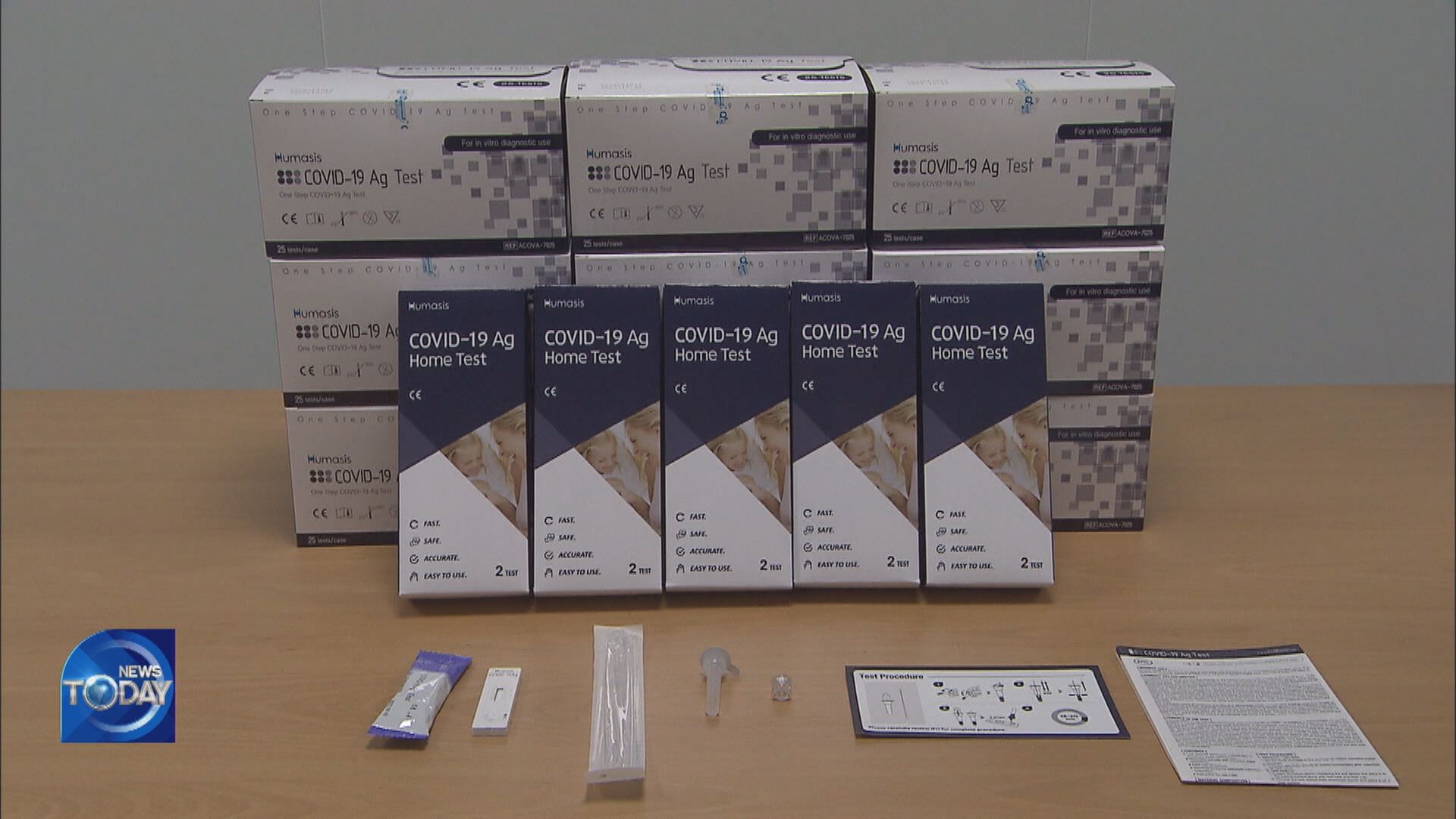
[Anchor Lead]
Amid increasing workplace infections, Seoul City has introduced on a trial basis COVID-19 self-test kits at call centers and logistics facilities from Monday. This will allow employees to know if they are infected before showing up for work. The initial response has so far been positive.
[Pkg]
A call center located in Seoul's Seongdong-gu district. An official provides instructions on how to use the covid-19 self-test kit.
[Soundbite] "Rub the swab along the nasal wall 5 times and do the same for the other nostril."
First swirl the swab in your nose and dip in a testing solution. Stir it several times. Then 3 drops of the solution goes into the testing kit. Wait for 15 minutes and the result will show. These test kits were introduced from Monday on a trial basis for some 29-thousand workers at 291 call centers and 18 logistics centers in Seoul. The kits are distributed in advance. Each worker must conduct the test once a week. If the result is negative, workers are asked to bring the used test kit to work, sealed in a bag, and hand it to the company's quarantine officer. Those that test positive do not go in to work but visit a health clinic to get a proper PCR test.
[Soundbite] Son Mi-ok(Head, Call center) : "Call centers are regarded as a high-risk work site and employees feel nervous even with masks on. The kits deliver results right away and measures can be swiftly taken."
Seoul City will continue the trial operation for 5 weeks before allowing public and private organizations to freely decide whether to adopt this method. Talks are also under way with the Seoul Metropolitan Office of Education on whether to introduce the kits at boarding schools. But authorities made it clear the self-test kits are only a supplementary tool and current antivirus measures will not be eased.
[Soundbite] Yang Ji-ho(Seoul city gov't) : "Quarantine measures in place will be maintained. The kit is an additional tool to ramp up testing."
Meanwhile cluster infections continue to pop up at restaurants and religious facilities. The number of cases linked to a restaurant in Seoul's Dongjak-gu district has risen to 16 since the first patient was confirmed on Friday. The restaurant's cramped space with little distance between tables is blamed for the spread. Three more people have been infected in relation to a church in Seongbuk-gu district, raising the total to 20 infections so far.
Amid increasing workplace infections, Seoul City has introduced on a trial basis COVID-19 self-test kits at call centers and logistics facilities from Monday. This will allow employees to know if they are infected before showing up for work. The initial response has so far been positive.
[Pkg]
A call center located in Seoul's Seongdong-gu district. An official provides instructions on how to use the covid-19 self-test kit.
[Soundbite] "Rub the swab along the nasal wall 5 times and do the same for the other nostril."
First swirl the swab in your nose and dip in a testing solution. Stir it several times. Then 3 drops of the solution goes into the testing kit. Wait for 15 minutes and the result will show. These test kits were introduced from Monday on a trial basis for some 29-thousand workers at 291 call centers and 18 logistics centers in Seoul. The kits are distributed in advance. Each worker must conduct the test once a week. If the result is negative, workers are asked to bring the used test kit to work, sealed in a bag, and hand it to the company's quarantine officer. Those that test positive do not go in to work but visit a health clinic to get a proper PCR test.
[Soundbite] Son Mi-ok(Head, Call center) : "Call centers are regarded as a high-risk work site and employees feel nervous even with masks on. The kits deliver results right away and measures can be swiftly taken."
Seoul City will continue the trial operation for 5 weeks before allowing public and private organizations to freely decide whether to adopt this method. Talks are also under way with the Seoul Metropolitan Office of Education on whether to introduce the kits at boarding schools. But authorities made it clear the self-test kits are only a supplementary tool and current antivirus measures will not be eased.
[Soundbite] Yang Ji-ho(Seoul city gov't) : "Quarantine measures in place will be maintained. The kit is an additional tool to ramp up testing."
Meanwhile cluster infections continue to pop up at restaurants and religious facilities. The number of cases linked to a restaurant in Seoul's Dongjak-gu district has risen to 16 since the first patient was confirmed on Friday. The restaurant's cramped space with little distance between tables is blamed for the spread. Three more people have been infected in relation to a church in Seongbuk-gu district, raising the total to 20 infections so far.
이 기사가 좋으셨다면
-
좋아요
0
-
응원해요
0
-
후속 원해요
0










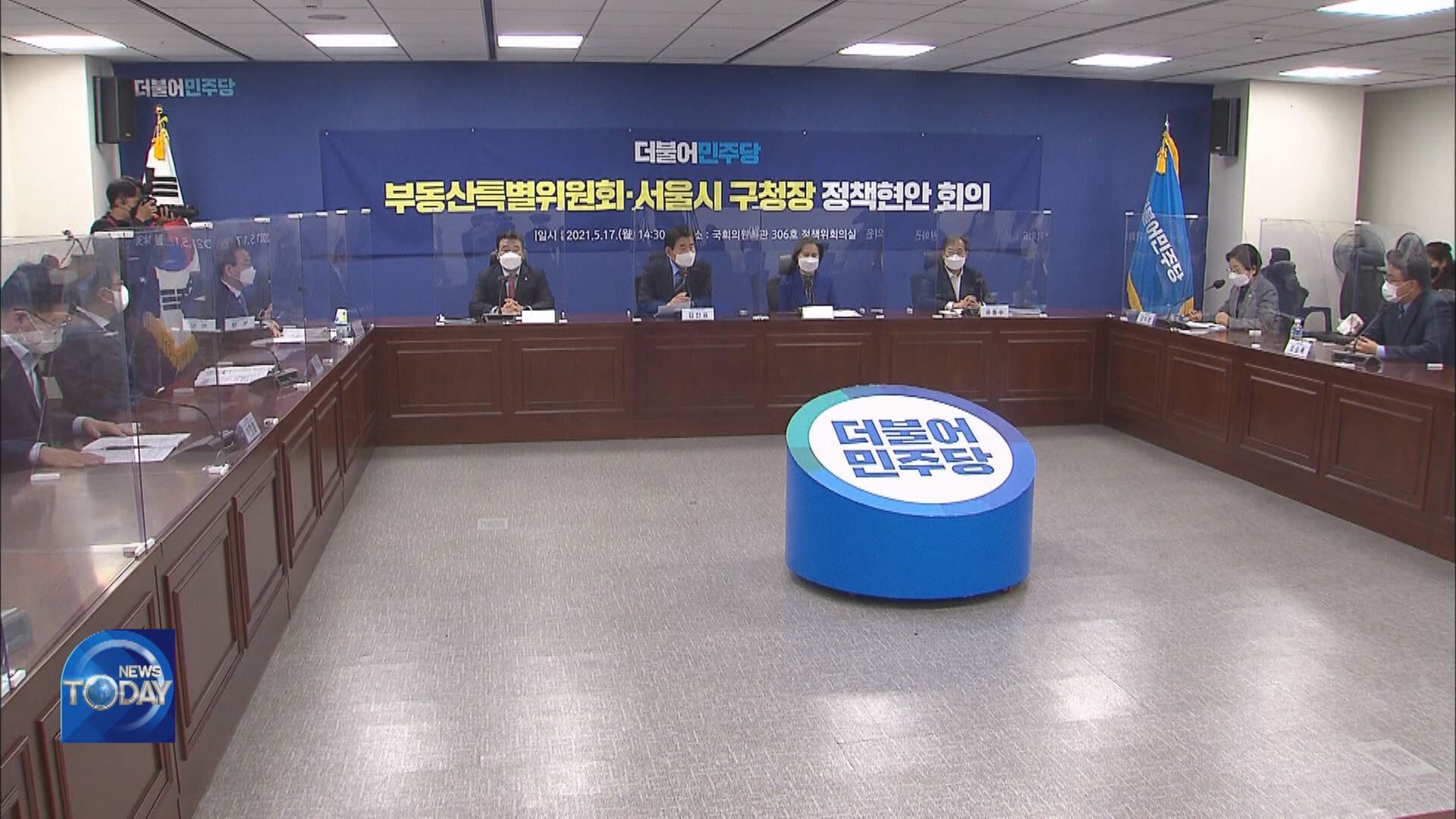
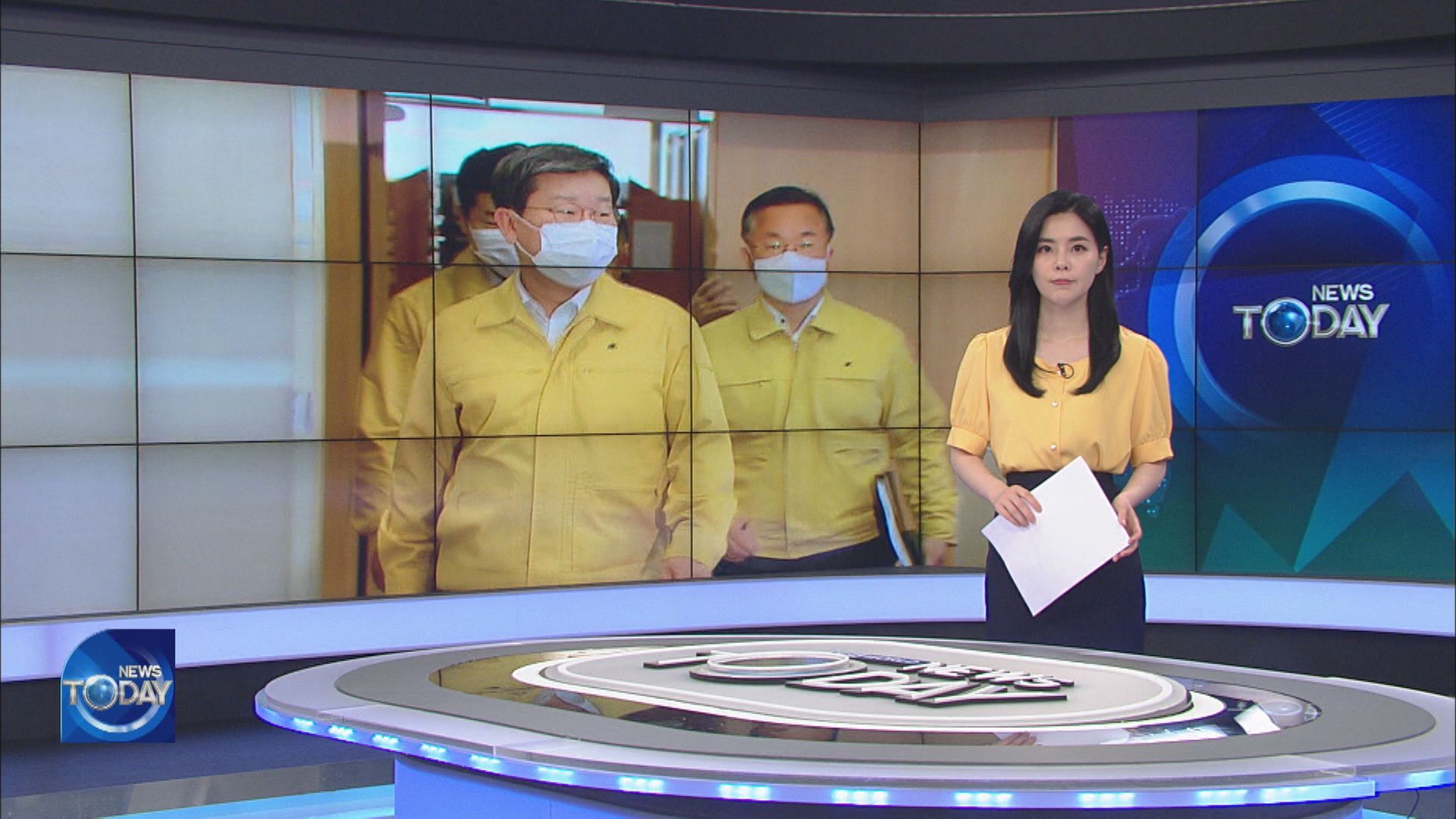
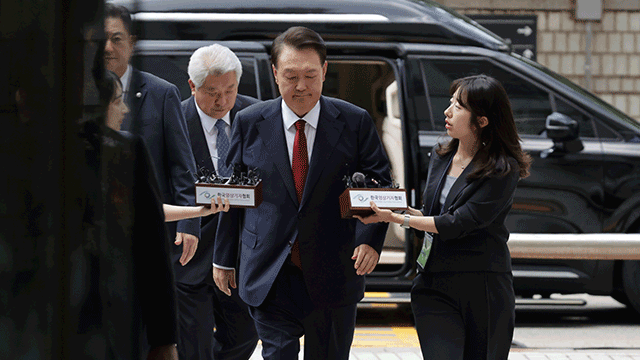
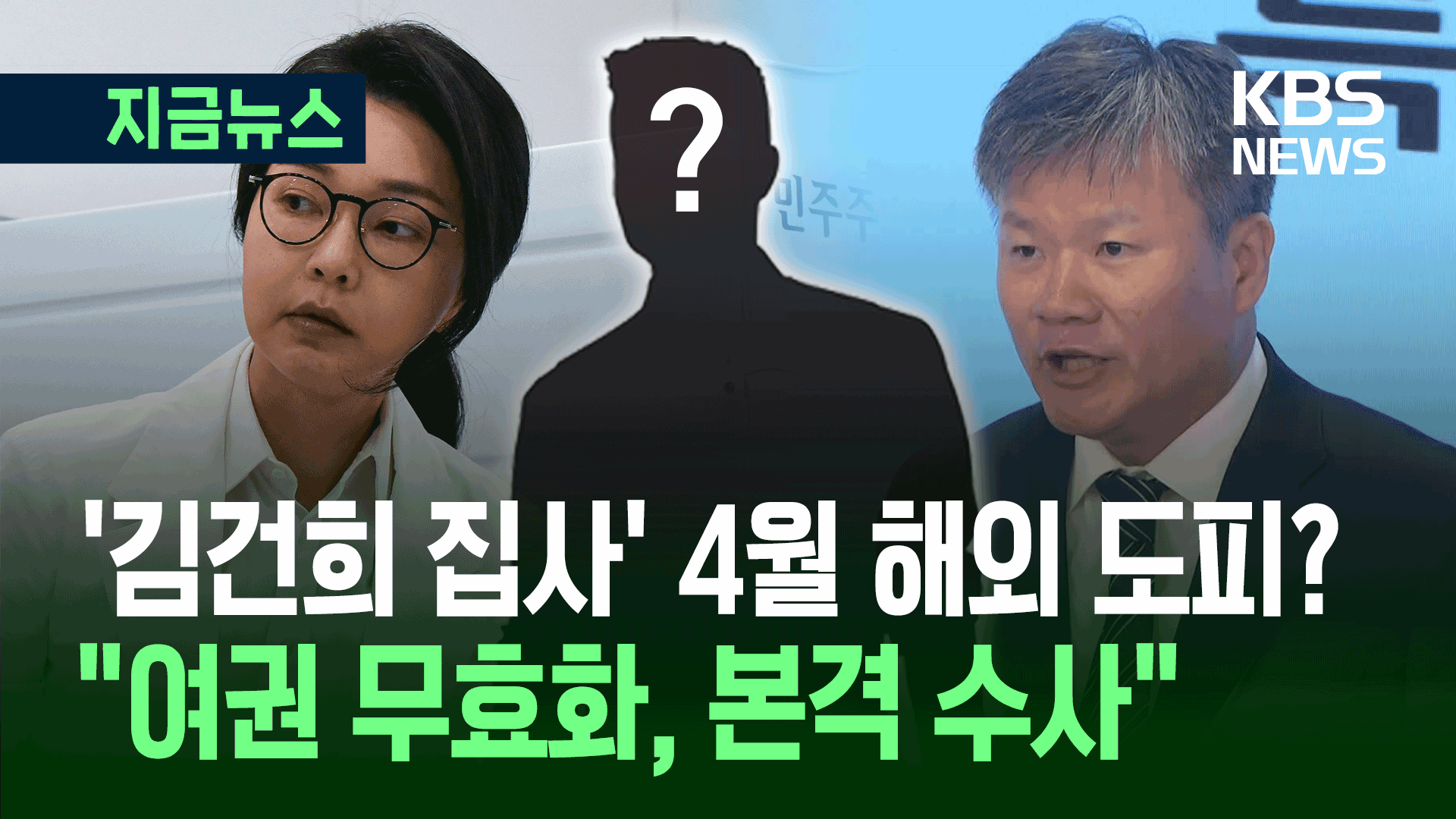

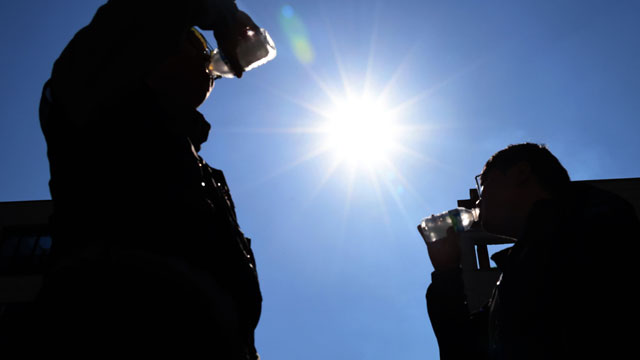

이 기사에 대한 의견을 남겨주세요.